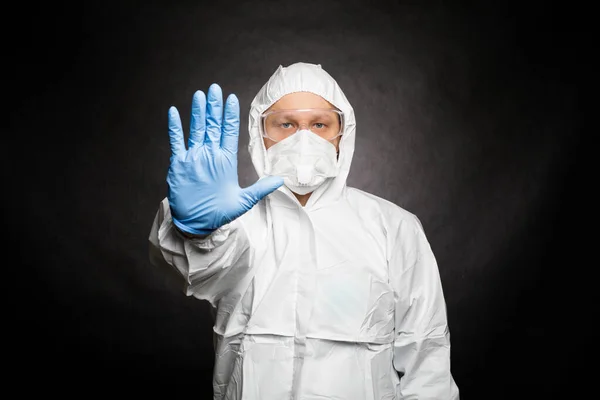Biosecurity

- Safety Management
- February 10, 2024
- Scott Campbell
Safeguarding Health: Professional Security Solutions for Biosecurity
Biosecurity has become a paramount concern in the wake of global health crises such as the COVID-19 pandemic. As businesses strive to protect the health and well-being of their employees and communities, professional security solutions play a crucial role in identifying risk factors, mitigating outbreaks, and safeguarding against the spread of disease in the workplace. In this blog post, we’ll explore the importance of biosecurity and how security solutions can help prevent pandemics and minimize the impact of infectious diseases.
Understanding Biosecurity
Biosecurity refers to measures taken to prevent the introduction, spread, and transmission of infectious diseases within a specific environment, such as a workplace or community. This includes implementing protocols for infection control, hygiene practices, and surveillance to identify and respond to potential outbreaks effectively.
The Role of Professional Security Solutions
Professional security solutions play a vital role in promoting biosecurity by implementing proactive measures to identify risk factors and mitigate outbreaks in the workplace. Here’s how security solutions can help:
Risk Assessment: Security professionals conduct comprehensive risk assessments to identify potential sources of infection and areas of vulnerability within the workplace. By evaluating factors such as employee density, shared spaces, and contact points, they can develop targeted strategies to minimize the risk of disease transmission.
Access Control: Implementing access control measures, such as temperature screenings, health questionnaires, and visitor management systems, helps prevent the entry of individuals who may be symptomatic or at risk of carrying infectious diseases. By restricting access to the premises, security solutions can limit exposure and mitigate the spread of illness.
Surveillance and Monitoring: Surveillance cameras and sensors can be utilized to monitor employee behavior and adherence to hygiene protocols, such as handwashing and mask-wearing. Security personnel can respond to non-compliance issues promptly, reinforcing the importance of infection control measures and maintaining a safe workplace environment.
Emergency Response Planning: Developing comprehensive emergency response plans for infectious disease outbreaks enables businesses to respond swiftly and effectively in the event of an outbreak. Security solutions can assist in coordinating response efforts, implementing containment measures, and providing guidance to employees on proper protocols for quarantine and isolation.
Data-driven Conclusion
According to data from the Centers for Disease Control and Prevention (CDC), the 2018-2019 flu season resulted in approximately 29 million people infected with the flu, 380,000 hospitalizations, and 28,000 deaths. These staggering statistics underscore the significant impact of infectious diseases on public health and the importance of implementing proactive measures to prevent outbreaks and minimize transmission.
By prioritizing the physical health of their employees, businesses can play a critical role in preventing the spread of disease within the company and the broader community. Professional security solutions offer a proactive approach to biosecurity, identifying risk factors, implementing preventive measures, and mitigating outbreaks to safeguard the health and well-being of employees and stakeholders.
In conclusion, investing in professional security solutions for biosecurity is essential for protecting against the spread of infectious diseases and minimizing the risk of pandemics. By prioritizing biosecurity measures, businesses can create a safe and healthy workplace environment, contributing to the overall well-being of their employees and communities.

